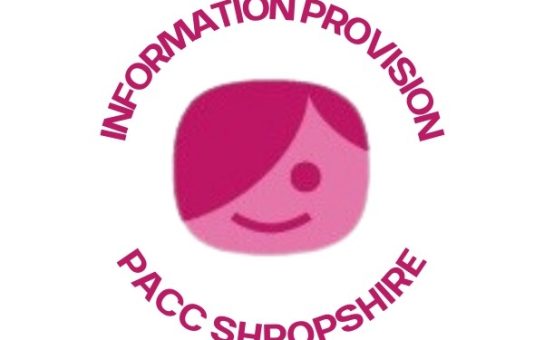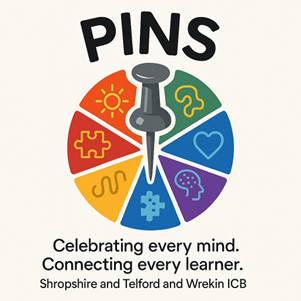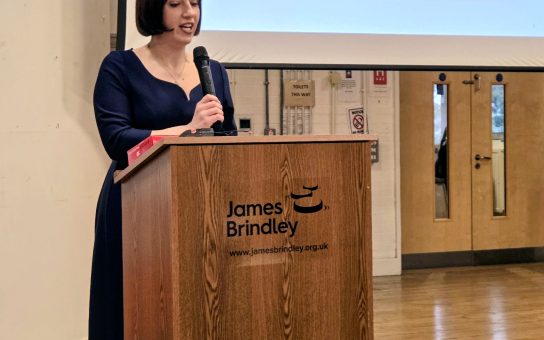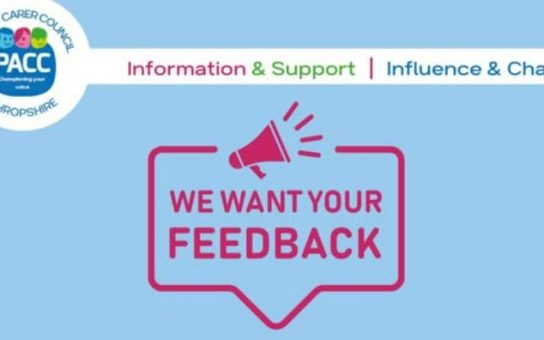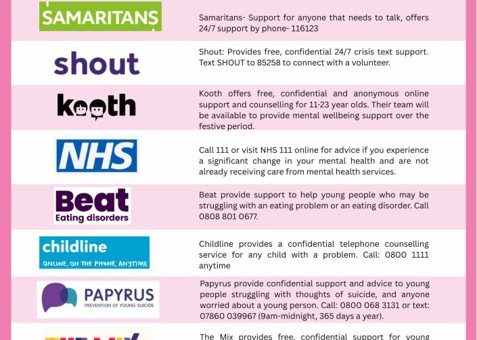
Parent Carer and Family Carer Experiences Shared with the SEND Peer Review Team
This week the Shropshire SEND system is being Peer Reviewed by a Team of SEND Leaders from other local areas. This process is supported by the Local Government Association and… Read more Parent Carer and Family Carer Experiences Shared with the SEND Peer Review Team
February 5, 2026
